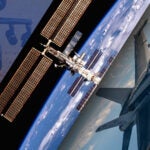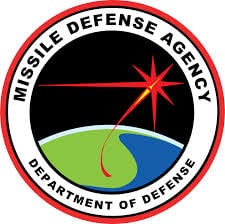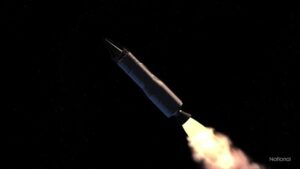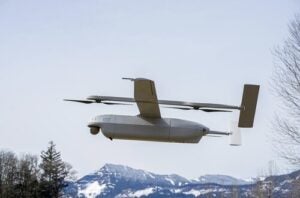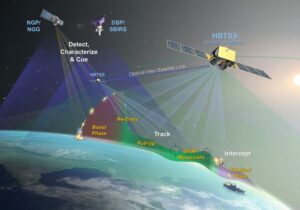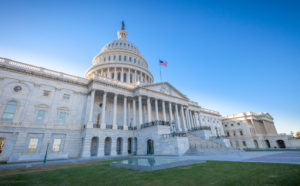
A group of senators is calling for greater U.S. space leadership after the Russian Anti-Satellite (ASAT) tests earlier this month. Four senators on the Committee on Commerce, Science, and Transportation sent letters to Vice President Kamala Harris and Commerce Secretary Gina Raimondo on Monday, calling for action to protect the space environment. These letters followed the Russian ASAT test on Nov. 15 that destroyed a defunct Russian satellite. The U.S. government condemned the test and said it generated more than 1,500 pieces…

 By
By 